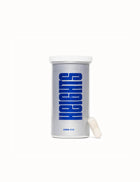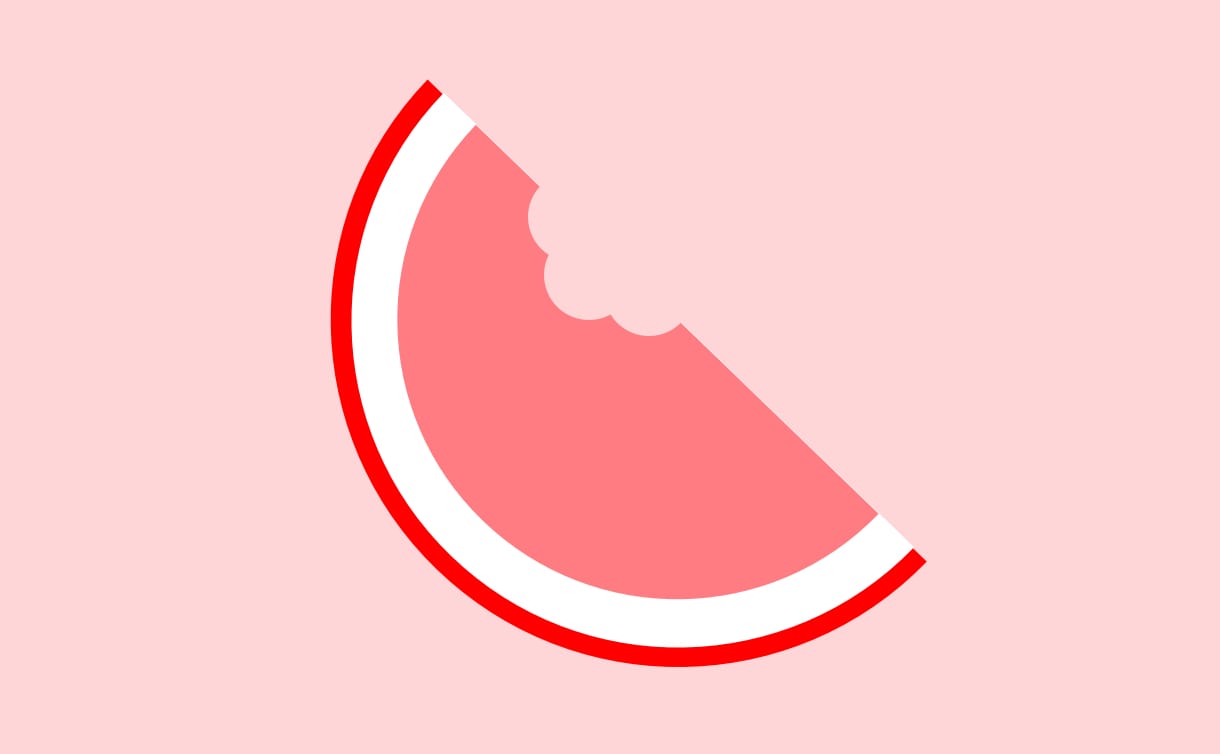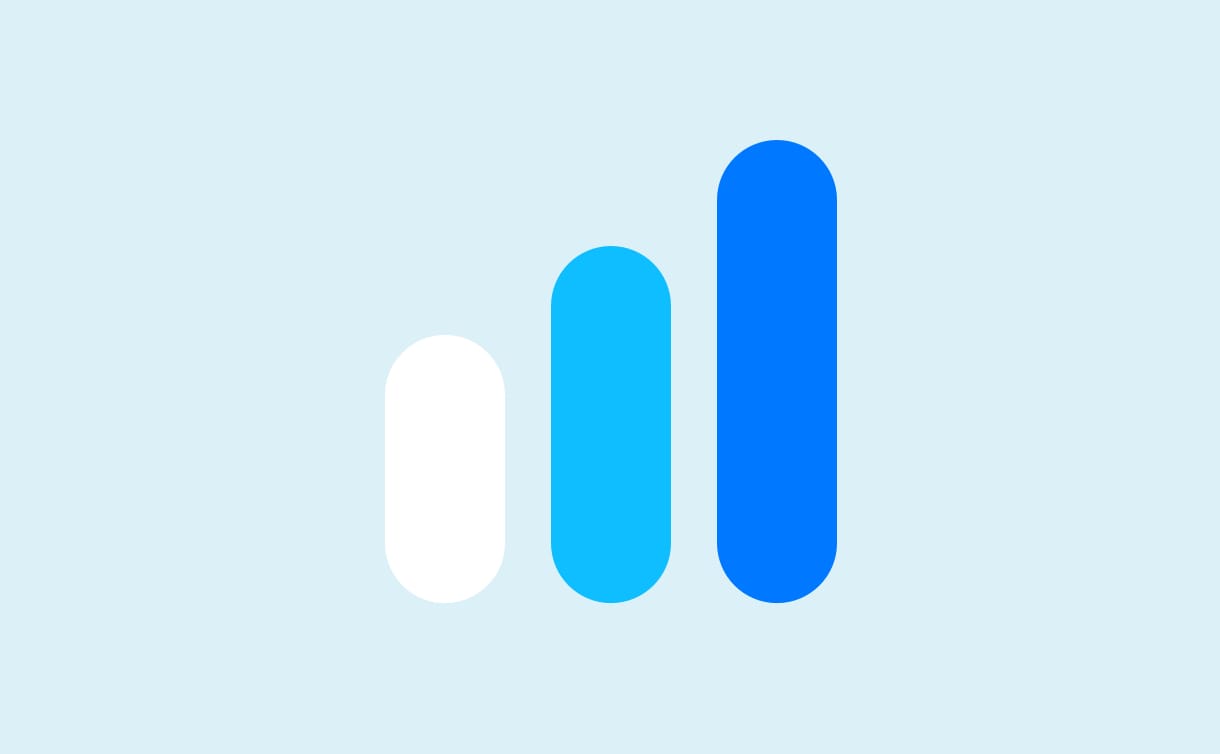
Biotic⁺

Free shipping on orders over £50












Got a discount code? Add it in the next step.
4.8/5 based on 6,169+ reviews

By bundling them, you save 14% every month – getting you the best price.

By bundling them, you save 14% every month – getting you the best price.

By bundling them, you save 14% every month – getting you the best price.

By bundling them, you save 18% every month – getting you the best price.

By bundling them, you save 18% every month – getting you the best price.

By bundling them, you save 18% every month – getting you the best price.

By bundling them, you save 18% every month – getting you the best price.
What is selenium good for, which foods contain it, and do you need a supplement?

Present in large quantities in Brazil nuts but little else, selenium is one of the essential minerals that we all need. In this summary, we’ll look at selenium benefits, along with examples of other selenium-rich foods, and the symptoms of low levels.
While selenium is vital for several key processes in the body, it has recently garnered more attention as an antioxidant, helping to protect cells from damage. This recent attention has led to more research being conducted, so we’re still discovering things about selenium vitamin benefits.
We only need small amounts to reap the benefits of selenium, but as we can’t produce any of it ourselves, we need to get it from external sources—predominantly our food.
Brazil nuts are famous as a selenium-rich food, and for good reason. While the exact content can vary based on the quality of the soil it was grown in, on average you can get the full NRV from one Brazil nut. However, there are other examples of selenium-rich foods, including:
Tuna
Sardines
Offal
Prawns
Cottage cheese
For those following a vegan diet, there are other plant-based sources of selenium but higher quantities will need to be eaten to reach the daily required amount:
Sunflower seeds
Green or brown lentils
Cashew nuts
The nutrient reference value (NRV) is 55mcg per day. Most people can get this from a balanced diet, but the benefits of selenium supplement is that it ensures you get the full amount every day.
Yes, you can take selenium every day so long as you don't exceed the recommended upper limit of 350mcg of selenium a day.
When taking a selenium supplement, the time of day doesn't really matter. That said, to help you remember to take it and to avoid any tummy troubles, it may be best to take it with a meal.
Now you know what selenium is, and how to get it in food and supplements, you're probably wondering 'well, what are the health benefits of selenium?' - so let's get into the all-important why you should pay this mineral attention!
There is still a lot of ongoing research into the effects of selenium and the full extent of selenium supplement benefits. However, we do know that it contributes to:
Healthy function of the immune system
DNA synthesis
Production of thyroid hormones
Normal reproductive function
Selenium’s powerful antioxidant properties can help to prevent cell damage and oxidative stress caused by free radicals. Reducing oxidative stress can protect against cognitive decline.
Serious selenium deficiencies are rare, although certain groups are at higher risk than others. Not getting enough can lead to an increased risk of various illnesses.
The average brain health score is 51/100. Take our 3-minute quiz to learn how yours measures up and how to boost it.

 Supplements
Supplements
4 minutes read
Laura Sugden
 Supplements
Supplements
5 minutes read
Sophie Medlin
 Supplements
Supplements
6 minutes read
Heights
 Supplements
Supplements
4 minutes read
Heights
 Supplements
Supplements
4 minutes read
Ruby Dalziel
 Supplements
Supplements
5 minutes read
Heights







